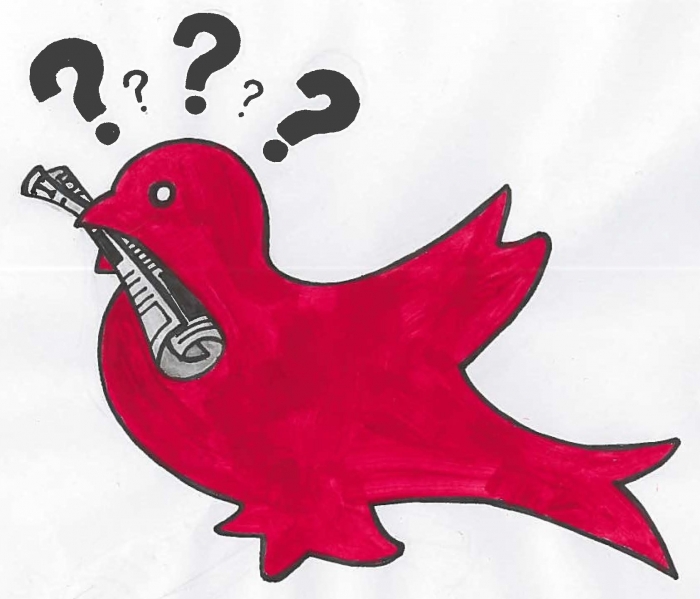What is defamation?
In the Canadian legal system, defamation law protects an individual’s right to their reputation and good name. Defamation law is classified under tort law, a branch of Canadian law that provides compensation to those who have been injured or have had their property damaged by the wrongdoings of others.
The Canadian Charter of Rights and Freedoms states that all individuals have the right to free speech, defined as freedom of thought, belief, opinion and expression, including freedom of the press and other media of communication. Given this, defamation law rarely acts as a check on the right to freedom of speech. Rather, it is used to compensate those whose reputations or property have been unfairly damaged.
How does a defamation action proceed?
In order for a defamation action to succeed, the claimant (the party initiating the action) must prove three things: That the referenced material is defamatory—in other words, that it would lower the reputation of an individual in the eyes of a rational individual—that the defamatory material refers directly to the claimant, and that the material was published or provided to someone other than the claimant.
The most common defense against defamation is truth. Under common law, which applies to all Canadian provinces except Quebec, truth is an absolute defense and the onus is on the defendant to prove that their claim is true; if the defamatory material is shown to be true, the defendant is not held liable. In the Civil Code of Quebec, however, truth is only a defense if the material was published in the public interest. A defense against defamation in Quebec must show that the material is true and that the public benefits by its publication.
For legal information and advocacy, students are advised to consult the Legal Information Clinic at 2075 Robert Bourassa, available by phone at 514-398-6792.
What is tenure, and how does it relate to academic positions at McGill?
At McGill, as well as most other Canadian universities, tenure refers to a permanent academic position in the faculty of a university. Once tenured, a professor or associate professor cannot be dismissed from their position unless they break laws or violate institutional policies.
Professors, associate professors, and assistant professors at McGill can be hired in tenure or tenure track positions. Depending on whether the position is for assistant, associate, or full professor, a tenure-track faculty member must be considered for tenure no later than their sixth, fifth or fourth year respectively. Decisions as to whether or not the professor is granted tenure are made by tenure committees based on the professor’s research and educational contributions.







